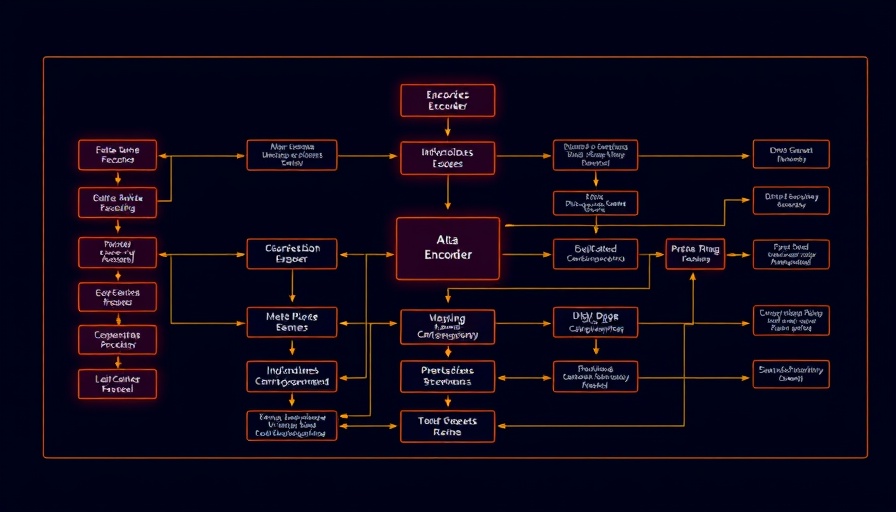
Hashtag Ban: A Shift in Advertising Dynamics
X, formerly known as Twitter, recently announced a controversial ban on hashtags in promoted posts, a move spearheaded by owner Elon Musk. Dubbed as an attempt to enhance the aesthetic appeal of ads on the platform, this decision raises questions about the real utility of hashtags in advertising strategies.
Understanding the Implications for Brands
While Musk's proclamation highlights his personal preference for a cleaner look—referring to hashtags as an "aesthetic nightmare"—the implications for marketers are more profound. The previous advertising team at Twitter had long suggested that hashtags might detract from the primary goals of ads, such as driving traffic to websites or increasing audience followership. Instead of encouraging engagement through broader interactions, they argued that hashtags could lead viewers away from the ad's intended action.
Are Hashtags Still Relevant?
Despite the ban, some marketing experts believe hashtags can still play a role, especially in campaigns designed to gather social interactions. Promoting a unique hashtag for brand discussion or campaign themes could indeed enhance the overall advertising performance. Musk's decision, though significant, seems more subjective than based on concrete data, highlighting conflicting perspectives on best practices in social media marketing.
Future Considerations for Digital Marketing
If history is any guide, X’s path towards further alterations will continue. Musk's previous attempts, like the removal of interaction buttons, were eventually dialed back after user feedback. Brands and marketers should prepare to navigate these changes actively. Staying adaptable and informed will be crucial in leveraging new advertising formats that align with both aesthetic desires and functional performance.
Final Thoughts
As business owners and marketing professionals assess this ban on hashtags from promoted posts, it’s essential to stay agile and responsive to the evolving landscape of social media marketing. Engaging directly with consumers through strategic content could yield better results than adhering strictly to traditional advertising methods.
For further insights on adapting marketing strategies in light of platform changes like these, business owners are encouraged to reevaluate their digital marketing tactics, focusing on unique approaches that foster engagement while aligning with user expectations.
 Add Row
Add Row  Add
Add 




 Add Row
Add Row  Add
Add 

Write A Comment